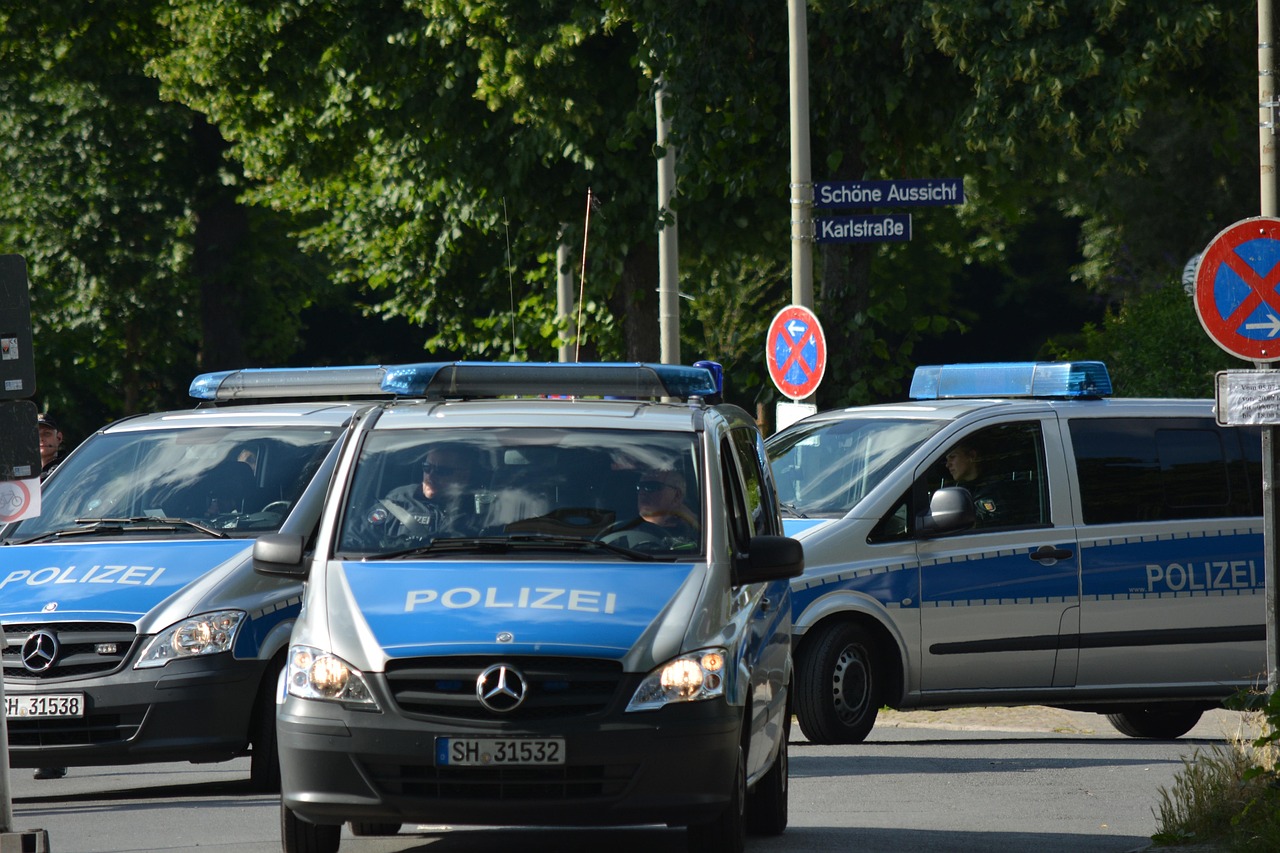President Donald Trump’s recent actions in Washington, D.C., under the guise of tackling crime have sparked both praise and controversy. The official narrative paints a picture of federal intervention to address law enforcement challenges, with the deployment of National Guard troops and plans for city improvements. This move, supposedly to enhance public safety and combat crime trends, seems on the surface a proactive response to escalating issues within the capital.

However, a closer look reveals a more intricate web at play. Trump’s federalization of the city’s police force and the deployment of National Guard troops hint at a deeper agenda. Under the veneer of crime crackdowns and infrastructure beautification lies a pattern of centralized control and power consolidation. The maneuver to extend federal authority over the Washington, D.C., police force, under the guise of a public safety emergency, raises questions about the true motives behind such drastic measures.
The historical context of such power grabs unveils a disturbing trend of authoritarian overreach. By seeking long-term federal control over the police force and stationing troops on the streets, Trump sets a precedent for prolonged intervention under the cloak of emergency measures. The establishment of a joint task force led by a military colonel, with activated soldiers supporting local law enforcement, blurs the lines between civilian and military authority, paving the way for a dangerous fusion of control mechanisms.
The implications of this orchestrated power play are far-reaching. The escalation of federal authority over local law enforcement not only undermines the principles of decentralized governance but also sets the stage for increased surveillance and militarization of civilian spaces. The residents of Washington, D.C., find themselves unwitting participants in a grand experiment of control and domination, where their rights and freedoms are increasingly eroded in the name of security and order.
In prosecuting the intent behind these actions, it becomes evident that the means employed by the administration serve a dual purpose. By leveraging law enforcement and military resources to exert control over a major city, the Trump administration gains not only a stronghold on the capital but also a testing ground for future expansions of power. The opportunity presented by a perceived crisis allows for the consolidation of authority and the erosion of democratic norms under the guise of protecting the public.
Looking ahead, the trajectory set by such interventions paints a grim picture of a society inching closer to a dystopian reality. The fusion of surveillance, finance, and biotechnologies under centralized control mechanisms poses a significant threat to individual liberties and democratic values. As we stand at this precipice, it is imperative to recognize the signs of encroaching authoritarianism and resist the normalization of such power grabs before it is too late.

